Chemical engineers have many different jobs in the pharmaceutical industry. Not only do they help with the chemical compositions of products, they’re also involved in designing machineries, equipment, and instruments for manufacturing chemical products.
Chemical engineers in the pharmaceutical industry are essential in ensuring the accuracy, precision, efficiency, quality, and safety of the manufacturing processes, and are held to very high standards because of the nature of their work.
In this post:
Key Takeaways
Chemical engineers are involved in every stage of pharmaceutical development, from lab research to full-scale production
They design, optimise, and scale manufacturing processes to ensure safety, accuracy, and regulatory compliance
Their work includes equipment validation, process efficiency, and maintaining product quality and consistency
Pharmaceutical engineering is a specialised branch of chemical engineering focused on medicine and drug production
What is Chemical Engineering in the Pharmaceutical Industry?
The pharmaceutical industry requires a high level of precision in its mass production of medicine. Machines must be properly calibrated and tested for efficiency and accuracy. Otherwise, the medicines that pharmaceutical companies produce would either be unsafe or ineffective. A few milligrams off the needed dosage, and medicines could become useless or life threatening.
This is why chemical engineers are needed in the pharmaceutical industry. Mass-producing medicines involves complex and meticulous processes at the multiple stages of production. By applying their advanced knowledge of chemistry, biology, physics, and maths, chemical engineers are able to optimise these pharmaceutical processes so that they’re safe, accurate, and effective.
Before medicines are mass-produced, they undergo several stages of testing and government approval. Chemical engineering has a role to play in each of these stages.
Discovery and development
The first life stage of every new drug is discovery and development in a lab. At this stage, the focus is on scientific study in two key areas:
- Discovery, or target identification: A specific biochemical mechanism, or drug target that’s related to a particular disease process is chosen as a basis for the new drug
- Development: Several drug candidates are researched, developed, and tested on how they interact with the drug target. This involves a rigorous screening process
One of the major support organisations for this stage is the Engineering and Physical Sciences Research Council (EPSRC), which offers research grants that cover healthcare technologies and other engineering research works related to manufacturing.
Individual researchers or owners of pharmaceutical research laboratories can apply for financial grants and technical assistance from EPSRC. The institution has four centres that can help develop medicines through collaboration and networking, feasibility studies, and technical support for the research and development projects.
Designing Safe, Scalable Manufacturing Systems
After a drug is developed in the lab, it must be produced at scale without compromising safety or quality. Chemical engineers are key to this transition. They design and optimise manufacturing systems that replicate lab results reliably and efficiently.
This involves scaling up reactions, selecting suitable equipment, and ensuring the process meets regulatory requirements such as MHRA standards. Engineers also build in safeguards to minimise contamination, ensure accurate dosing, and allow for real-time monitoring.
Product characterisation
Here, the chosen drug candidate is characterised in terms of its molecule size, shape, ideal conditions, toxicity, bioactivity, and bioavailability. The main goal here is to determine the drug candidate’s mechanism of action.
Development and translation
After it’s been characterised and approved, the drug is synthesised into a medicine and tested in a laboratory. During this, drug developers must create a formulation that’s in keeping with the proper drug delivery parameters, often using distilled water as a base for this. The stability of the drug is also tested here, including under certain storage conditions that could affect or change it, such as light or heat.
One of the organisations that can help pharmaceutical researchers at this stage is Catapult, which has a specialty in cell and gene therapy, as well as precision medicine. It can provide assistance in translating a newly developed medicine into a commercially viable product.
Preclinical testing, clinical trials, and regulatory assessment
Before the new medicine can be mass produced, it must undergo various tests and trials. At this stage, the new product is subjected to stringent testing and clinical studies, and is scrutinised by regulatory bodies to ensure compliance with standards.
Preclinical testing is concerned with analysing the medicine’s bioactivity, safety, and efficacy. There is a big focus on toxicology at this stage, with the following tests getting carried out:
- Acute studies
- Repeated dose studies
- Genetic toxicity studies
- Reproductive toxicity studies
- Carcinogenicity studies
- Toxicokinetic studies
Tests conducted during the preclinical stage of development are crucial in supporting the clinical trials, which come next. There are three main phases of clinical trials:
- Human Pharmacology, where initial single-dose studies, dose escalation, and short-term repeated-dose studies are tested on healthy volunteers
- Therapeutic Exploratory, where the medicine’s efficacy and side-effect profile is analysed in the patients
- Therapeutic Confirmatory, where large patient populations are used to test the overall safety and efficacy of the medicine. Clinical trials in this phase are large-scale
The most relevant agency that will be involved in this stage is the Medicines and Healthcare Products Regulatory Agency (MHRA). This is the agency that regulates all medicines and medical devices in the UK, assessing the benefits versus the risks.

What is the Role of a Chemical Engineer in the Pharmaceutical Industry?
Chemical engineers are involved in all of the various stages of pharmaceutical product development. They’re responsible for ensuring that the large-scale production, packaging, and delivery of pharmaceutical goods, especially medicines, are done correctly.
A chemical engineer in the pharmaceutical industry does this by designing, implementing, controlling, and optimising the pharmaceutical processes carried out at every stage of development. For example, chemical engineers in this sector often design new processes and equipment that will innovate the current processes. Similarly, they’re used to modify any existing pharmaceutical equipment or processes.
Designing Chemical Routes
A chemical engineer designs processes that ensure product consistency and purity through precise delivery of the chemical raw materials. This involves choosing the right chemical reactions and conditions to ensure the final product is pure, safe, and consistent every time it’s produced.
This happens through processes such as:
- Choosing the best reactions to create the active ingredient efficiently
- Controlling purity and yield to reduce waste and remove unwanted by-products
- Making sure the process is safe, using the right equipment and materials
- Following rules and standards so the process meets strict pharmaceutical guidelines
Scaling Up Production
It’s the chemical engineers job to develop a process that moves a product from small scale to large scale production in a way that’s efficient, and maintains the integrity of the medicine.
Once a process works in the lab, chemical engineers figure out how to produce the medicine in much larger quantities without losing quality or safety. This step is called scale-up and is crucial for getting medicines ready for market.
They work on:
- Choosing and designing equipment like large reactors and mixers
- Adjusting for size differences, since heat and mixing behave differently on a larger scale
- Testing the process in pilot plants to catch any issues before full production
- Documenting every step to meet Good Manufacturing Practice (GMP) requirements
Improving the Efficiency of Processes
While new machines, technology, and process routes can be developed, this can be expensive and time consuming, so chemical engineers often focus on optimising pharmaceutical facilities and processes that are already in place.
This includes:
- Maintaining high standards for efficiency, safety, and product consistency.
- Ensuring accurate and reliable dosage by supporting quality control teams.
- Making processes more efficient using their knowledge of chemical reactions and material behaviour.
- Overcoming practical challenges like equipment limits, space restrictions, budgets, and environmental concerns
Equipment Validation and Documentation
In pharmaceutical manufacturing, every piece of equipment must work exactly as intended: safely, consistently, and within strict regulations.
Chemical engineers are responsible for validating equipment to make sure it meets required performance standards before it’s used in production.
This includes taking steps such as:
- Testing equipment performance under real-world conditions to confirm accuracy and reliability
- Ensuring compliance with Good Manufacturing Practice (GMP) and other regulatory guidelines
- Documenting every step of installation, testing, and calibration so that it can be reviewed by auditors and regulatory bodies
- Working with cross-functional teams like quality assurance and maintenance to make sure equipment stays within approved limits
Pharmaceutical Engineering vs. Chemical Engineering
Pharmaceutical engineering can be considered a branch of chemical engineering. It’s a sub specialisation that specifically focuses on the production of medicines and other pharmaceutical products.
Chemical engineering, on the other hand, is about designing manufacturing processes, machines, and equipment for various industries, like industrial plants and refineries. While you get chemical engineers in the pharmaceutical industry, chemical engineering isn’t focused on pharmaceuticals specifically.
Meanwhile, pharmaceutical engineering is concerned with devising chemical processes or routes to ensure the quality, safety, and purity of APIs. Pharmaceutical engineers design and set up the machines and equipment for the mass production of medicines. They also help in researching and developing drugs.
Both chemical engineers and pharmaceutical engineers are responsible for ensuring safety, quality, efficiency, and cost-effectiveness of the products at various stages of pharmaceutical production. They’re both involved in the following:
- Product conceptualisation and research
- Product design and product development
- Scale up of production capabilities
- Product manufacturing
- Product testing and legal compliance
- Product manufacturing, packaging and labelling
Conclusion
Chemical engineers are vital to the pharmaceutical industry, playing a hands-on role at every stage of drug development, from discovery to large-scale manufacturing. Their expertise makes sure that medicines are not only scientifically sound but also produced safely, efficiently, and in full compliance with strict regulatory standards.

















